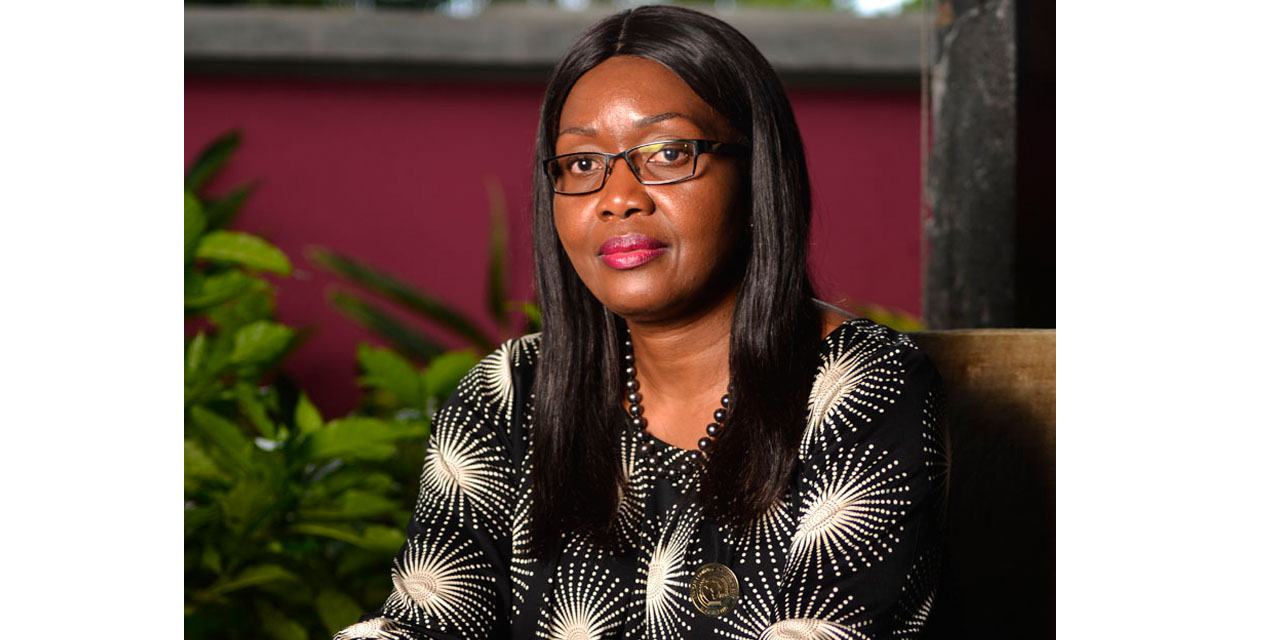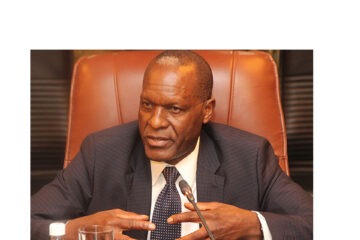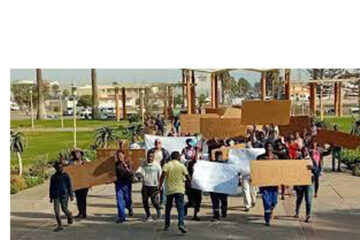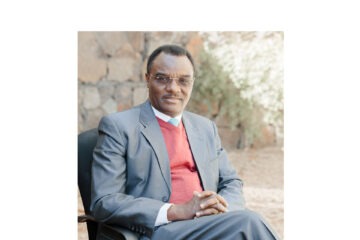The Popular Democratic Movement and Official Opposition leader, Mchenry Venaani, has given Prime Minister Saara Kuugongelwa-Amadhila 25 days to resolve the issue of 890 unoccupied houses that were built as part of the mass housing program dating back seven years ago.
Venaani said yesterday that failure to respond to the letter issued on the of 20th July 2022, will prompt the PDM and other progressive forces to demonstrate and even to take up arms in solidarity.
He said that not allocating these 890 vacant houses to families in dire need, warrants a direct violation of Article 8 (2) (b) of the Namibian Constitution which stipulates: ‘No persons shall be subject to torture or to cruel, inhuman or degrading treatment or punishment’.
“Consequently, Madame Prime Minister, the 890 vacant houses must be allocated to the Namibian families in need, thereby adhering to Article 8 (2) (b) of the Namibian Constitution and Article 25 of the Universal Declaration of Human Rights. Failure to do so within a period of 25 days will result in the PDM and other progressive Namibians organizing a demonstration. I await your favourable response in this regard. Rt. Hon. Prime Minister, accept the assurances of my esteem,” Venaani said.
In the letter, Venaani pointed out that adequate housing is a crucial element of human well-being, health and development.
“Which certainly rings true that most areas of human wellbeing can only be achieved if one has adequate access to housing,” he said.
Venaani, in his letter, referred to the human right to housing which is recognized within international frameworks such as the Universal Declaration of Human Rights in Article 25, stipulating clearly that, “Everyone has the right to a standard of living adequate for the health and well-being of himself and his family, including food, clothing, housing and medical care necessary for social services and the right to security in the event of unemployment, sickness, disability, widowhood, old age or other lack of livelihood in circumstances beyond his control.”
He stated that it is distressing to see those 890 houses, completed under the government’s mass housing programme have still not been handed over to beneficiaries seven years after President Hage Geingob stopped the housing project. And this is despite the fact that Namibians are currently enduring and braving a glacial winter.
“However, my professional scepticism informs me that this number is likely much higher. How do you and other senior government officials sleep at night, knowing that seven years after the completion of these houses, there are Namibians in need who cannot be accommodated in these houses,” Venaani asked.
He pointed out that about 505 houses in the Erongo Region and 362 houses in the Khomas Region are still unoccupied.
“It is common cause that housing or rather the lack thereof, is a serious and ongoing national issue. While this problem has been in existence prior to the country’s attainment of independence – it has become more and more acute, driven by increasing urbanization rates and failure by the government to address the issue vigorously and comprehensively,” Venaani added.
The most recent census data from 2016 indicates that the number of people living in informal houses or shacks has grown markedly over the past decade. Correspondingly, urban areas in Namibia have seen rapid growth in informal settlements and around 40 percent of urban households are shacks.
The outspoken politician described the statistic as an alarmingly high number of people who have dwellings but no formal houses.
He said the ratio of shacks to brick houses stands at 4:1. The informal settlements that have arisen out of peoples’ need for housing, lack potable water, electricity or toilet facilities.
“This ongoing housing crisis reliably informs us that the government of the day has no political will to finally resolve the issue, despite having the tools to do so,” he stressed.
He added that the silence of the government in this regard is deafening.
“Additionally, the thermal properties of shacks leave many Namibian families battling the unbearable cold, essentially robbing of them of their dignity by not respecting their right to adequate housing,” the PDM leader concluded.




